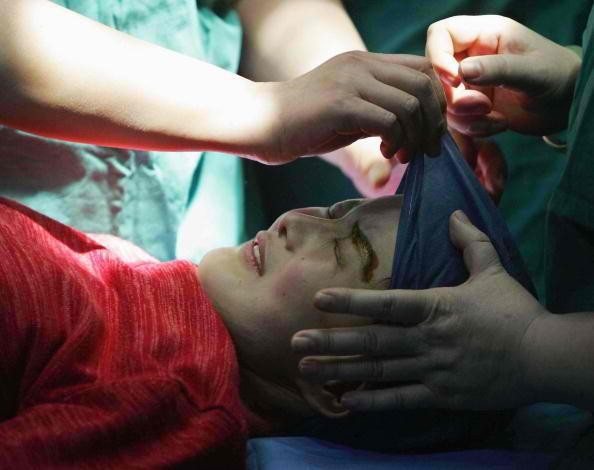In a conference held recently in Beijing, Chinese doctors made a commitment to stop organ trafficking and said that they will stop performing transplants if the organ came from an executed prisoner.
World Health Organization and the Montreal-based Transplantation Society representatives who attended the conference praised Chinese officials for reforms in the country's transplant system. The reforms include a ban put in place last year on using organs from executed inmates.
Chinese surgeons have been performing transplants using organs that came from prisoners who were in the death row. The country has received widespread criticism for violations on human rights.
A report was published by former Canadian lawmaker David Kilgour, human rights lawyer David Matas, and journalist Ethan Gutmann gathered from figures from hospitals across China. The report showed that there is a massive discrepancy between official figures for the number of transplants carried out.
"The (Communist Party) says the total number of legal transplants is about 10,000 per year. But we can easily surpass the official Chinese figure just by looking at the two or three biggest hospitals," Matas said.
The government denied the allegations.
"As for the testimony and the published report, I want to say that such stories about forced organ harvesting in China are imaginary and baseless--they don't have any factual foundation," said Chinese Foreign Ministry spokeswoman Hua Chunying.
Dr. Jose Nunez, an adviser from the World Health Organization, said that China was building the "next great" system during the Beijing conference.
"You are taking this country to a leading position within the transplantation world," he said.
According to Dr. Francis Delmonico, a surgeon and a professor at Harvard Medical School, "It's not a matter for us to prove to you that it's zero "It's a matter for the government to fulfill what is the law, just as it is in the other countries of the world that we go to."



























